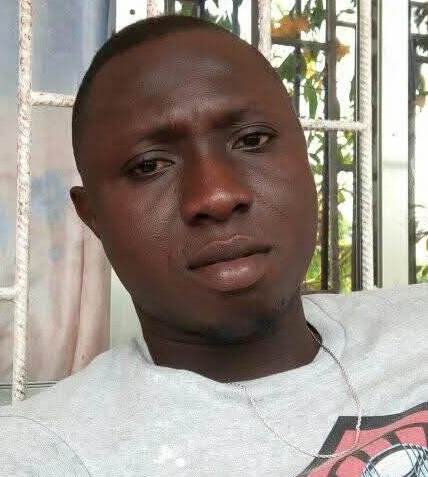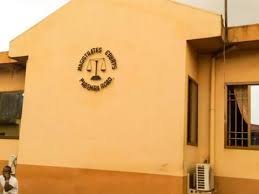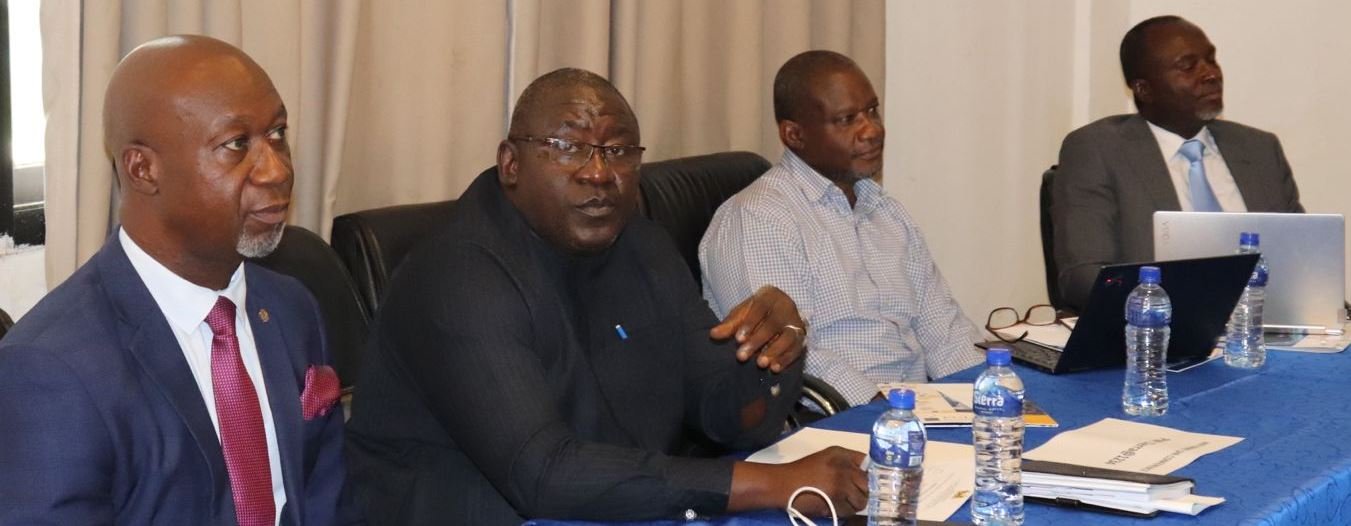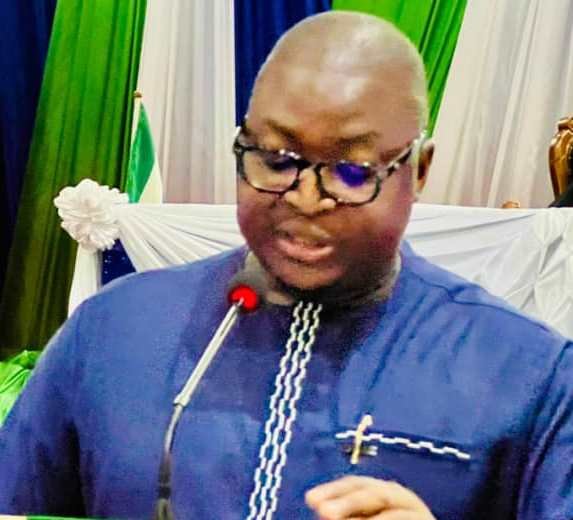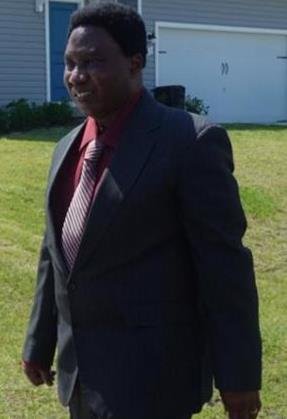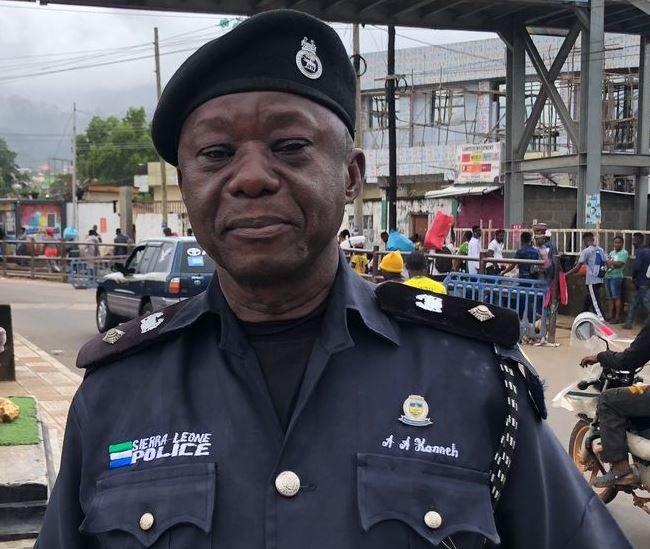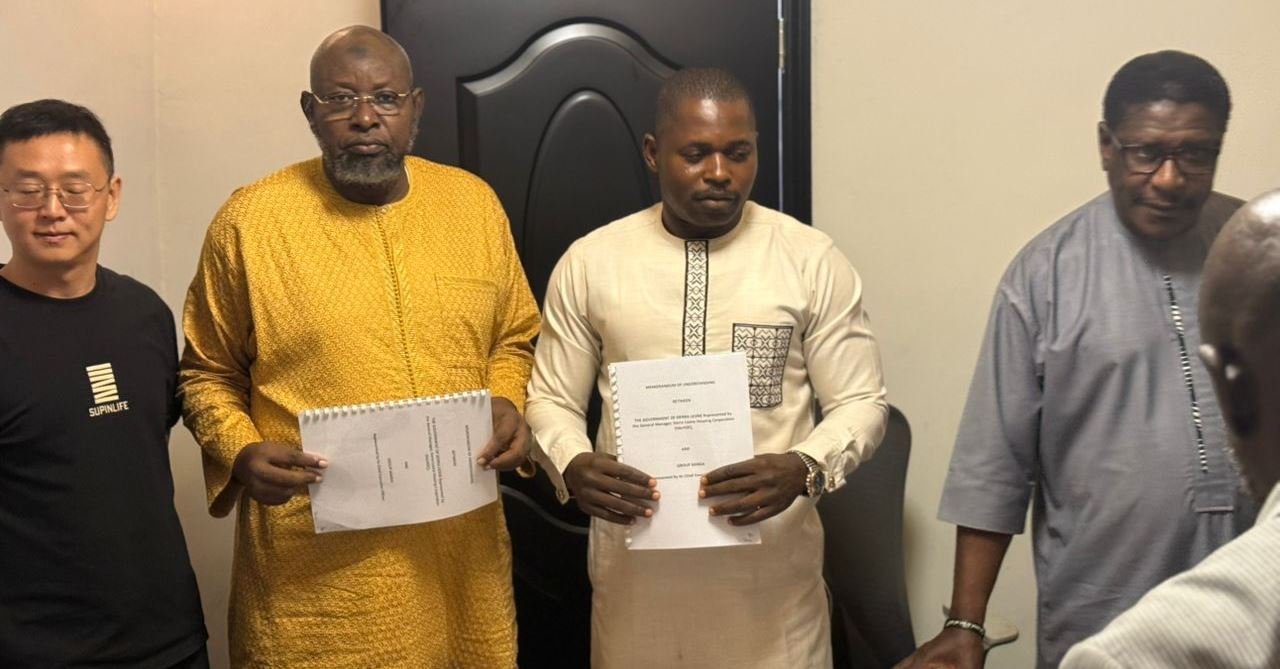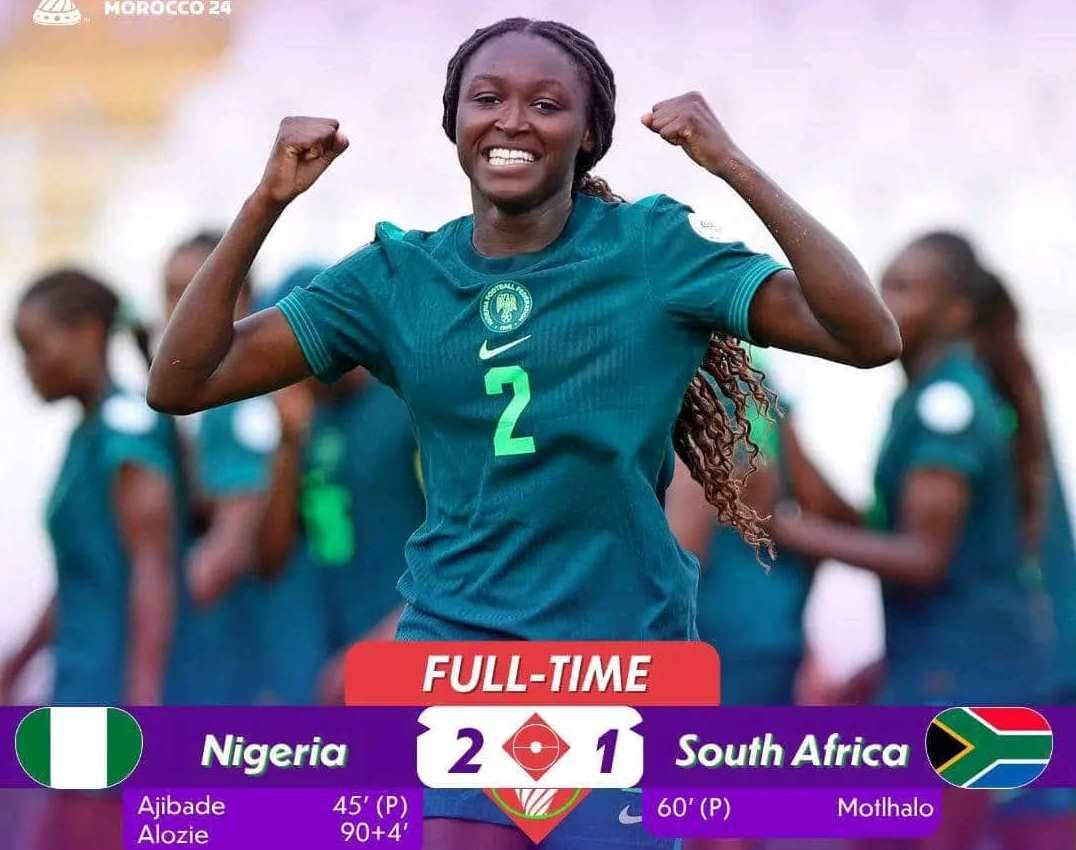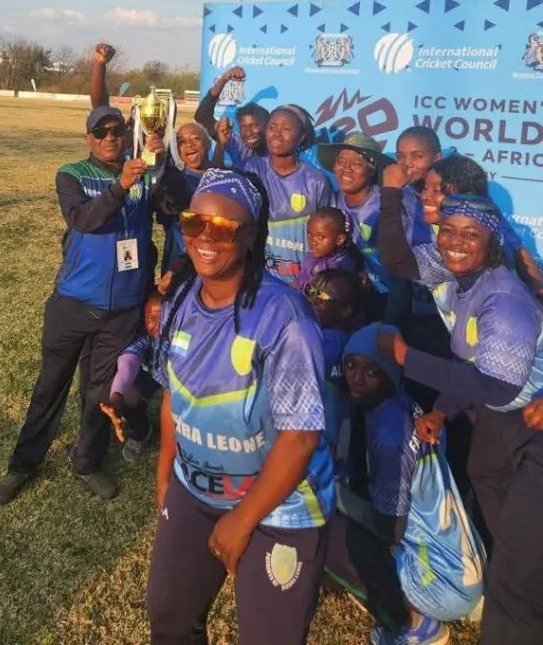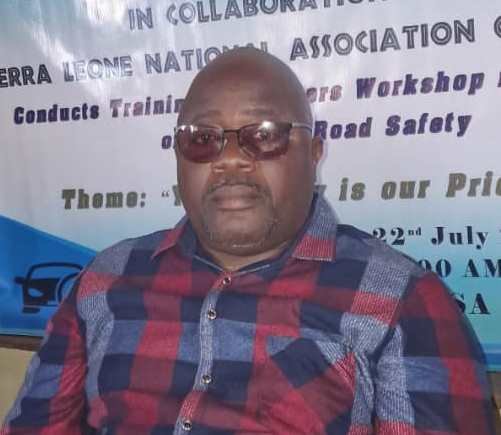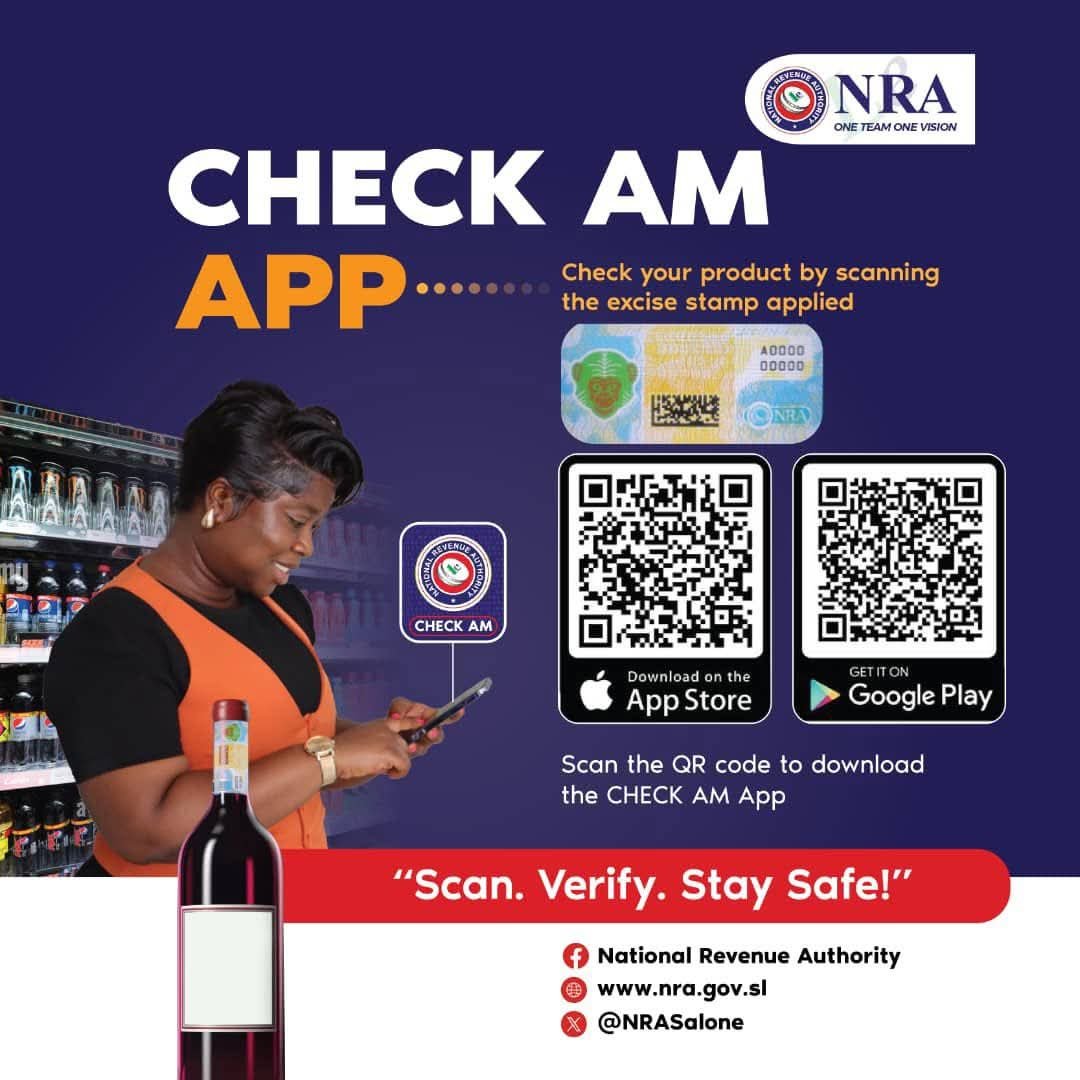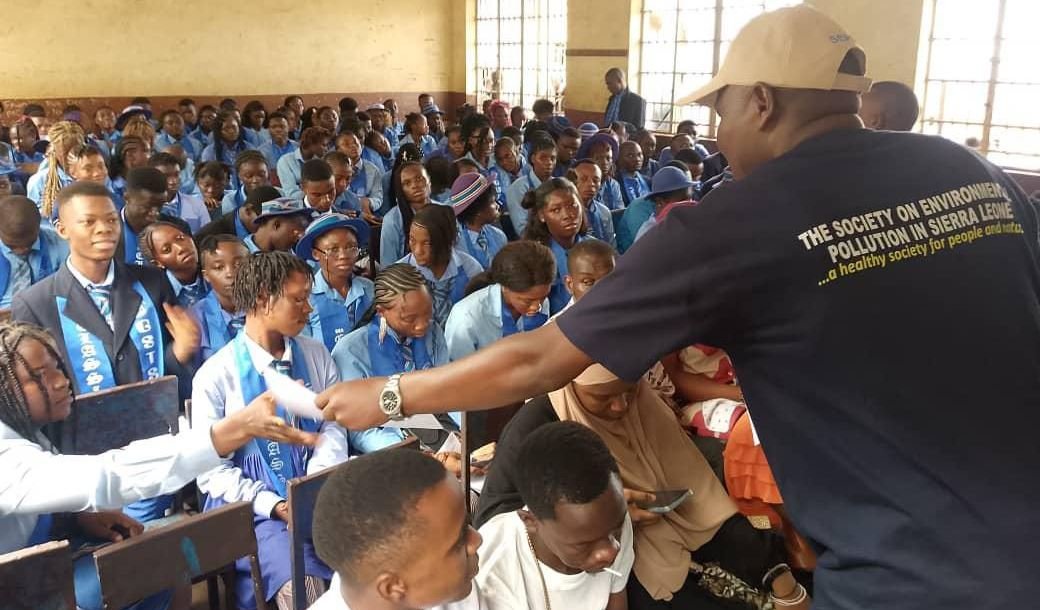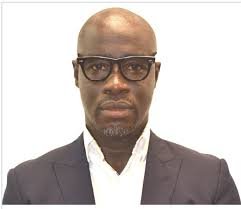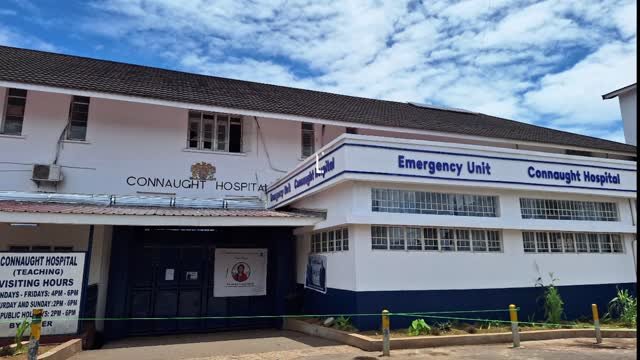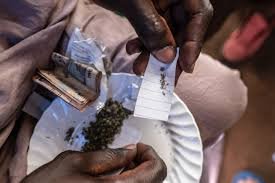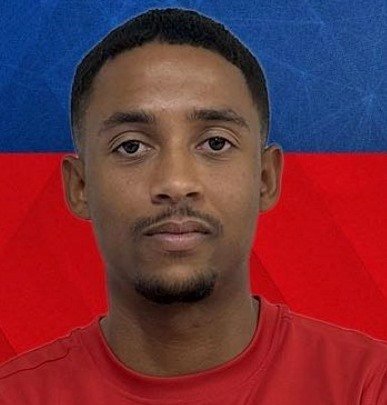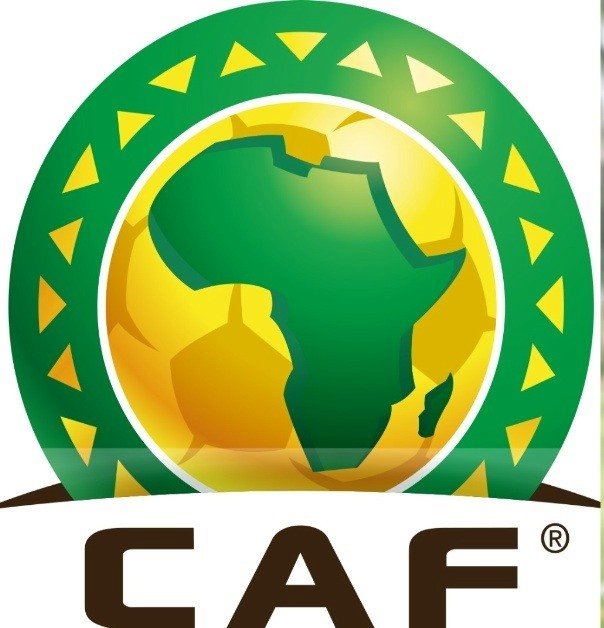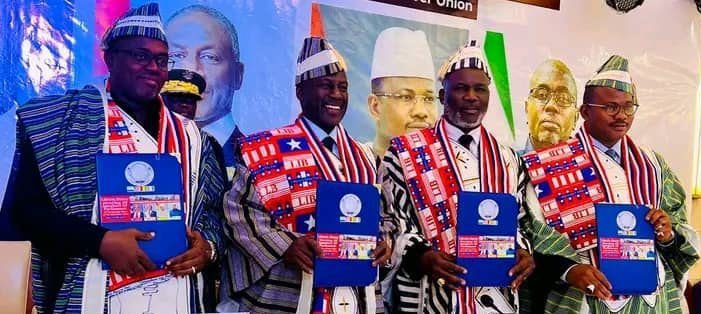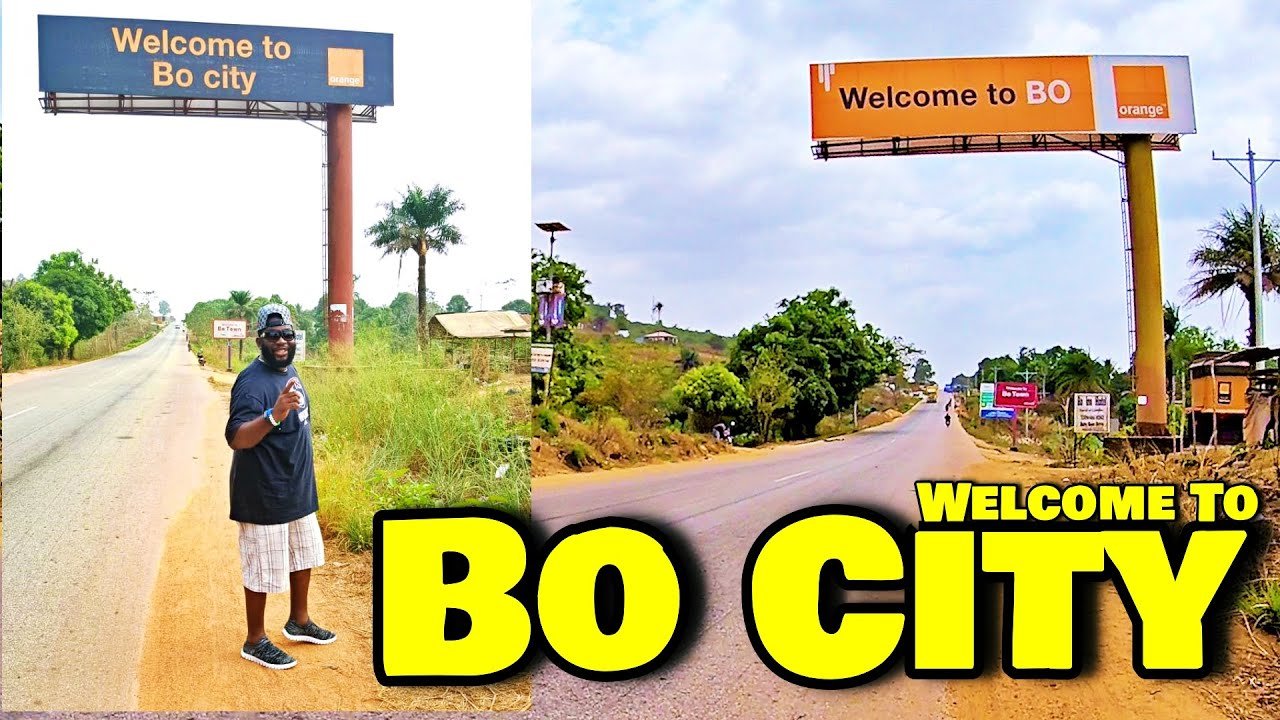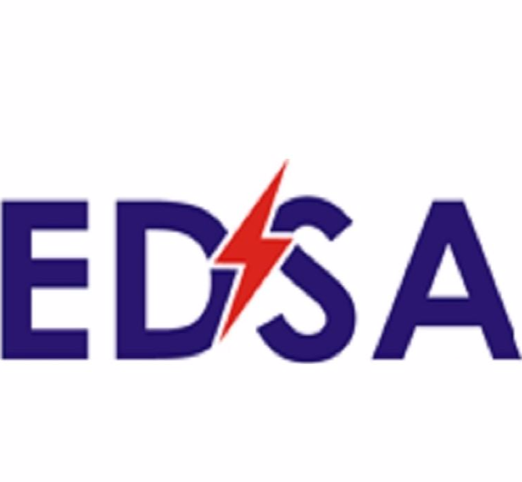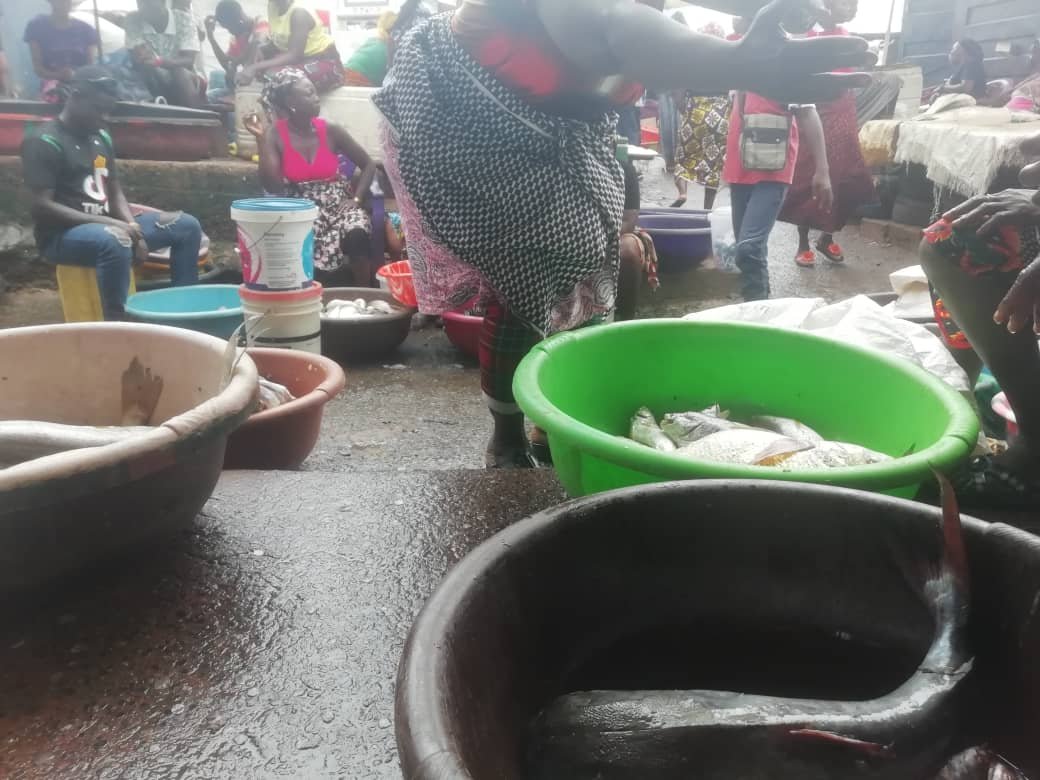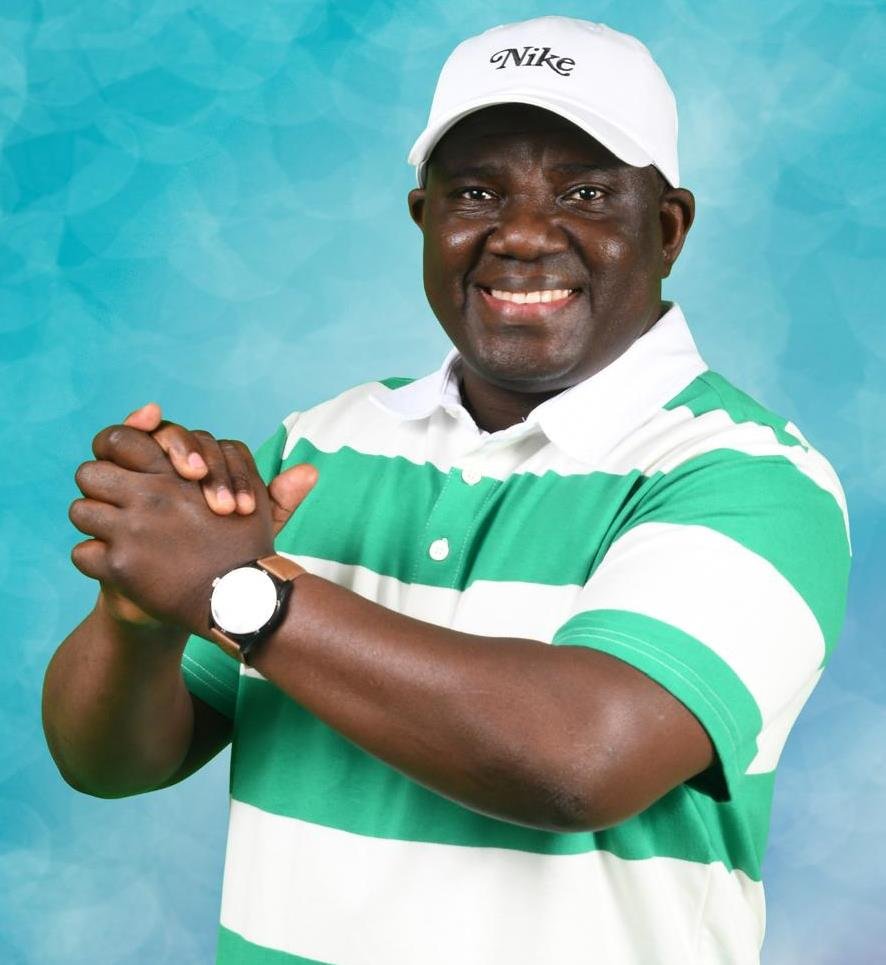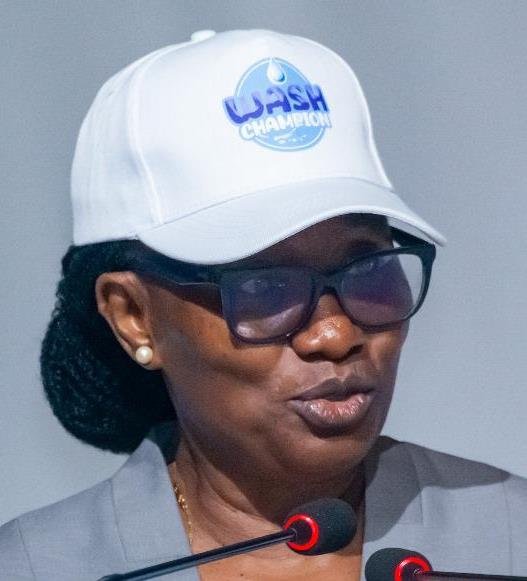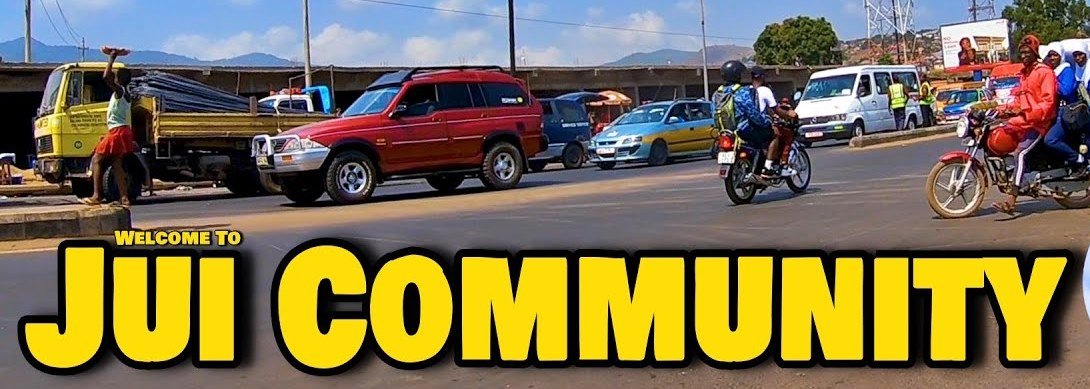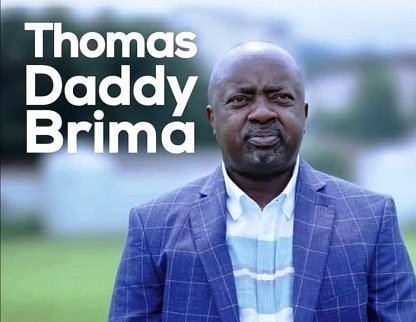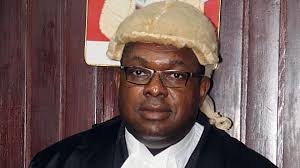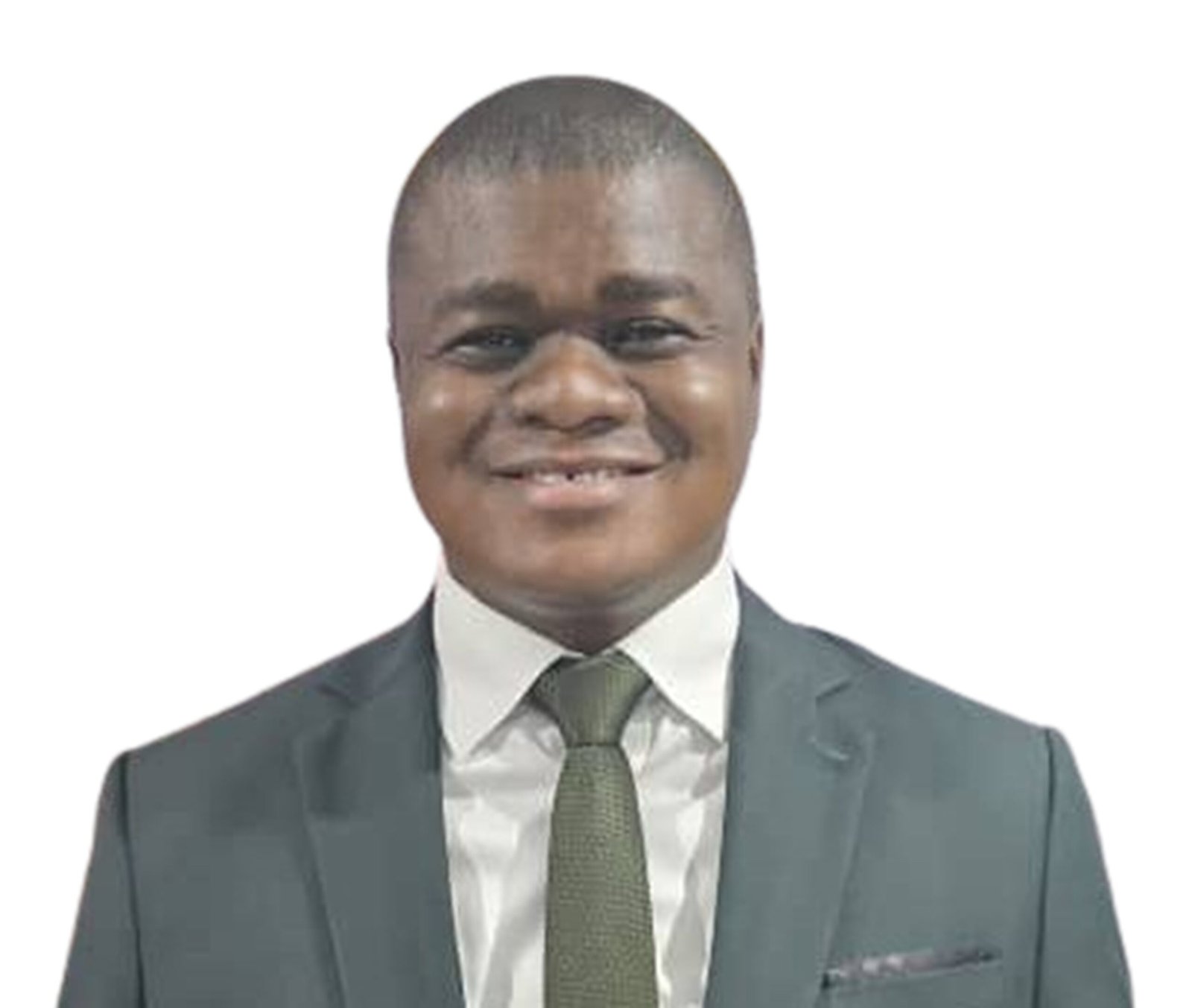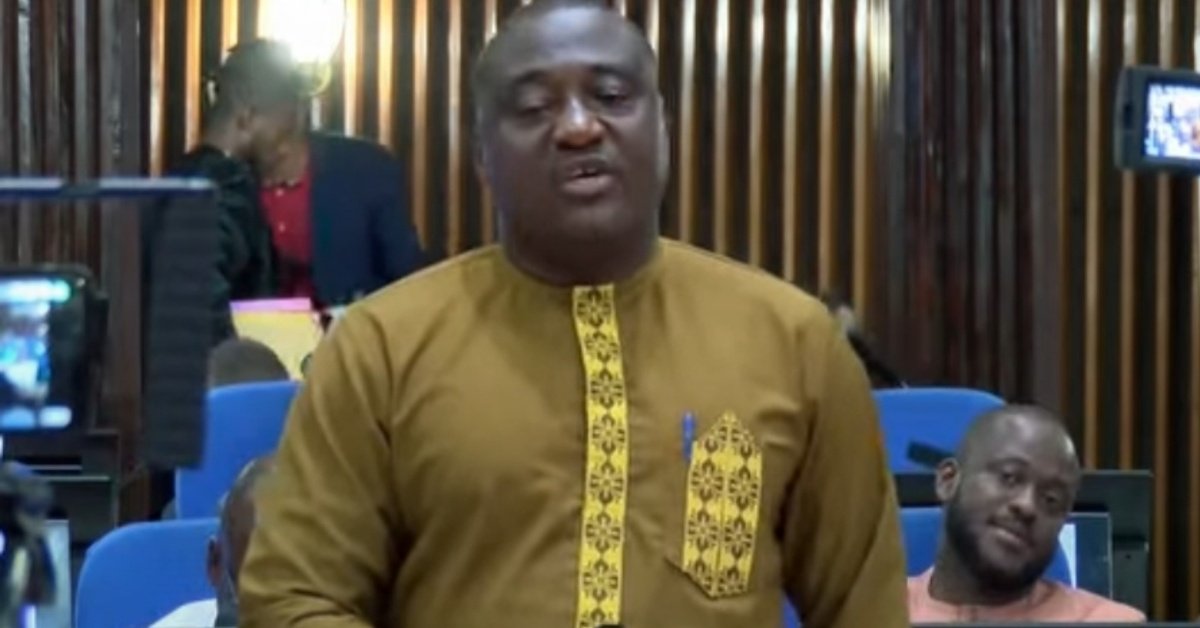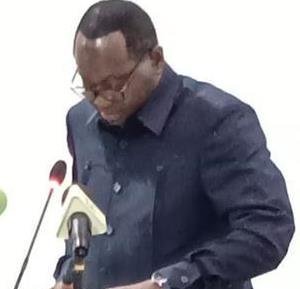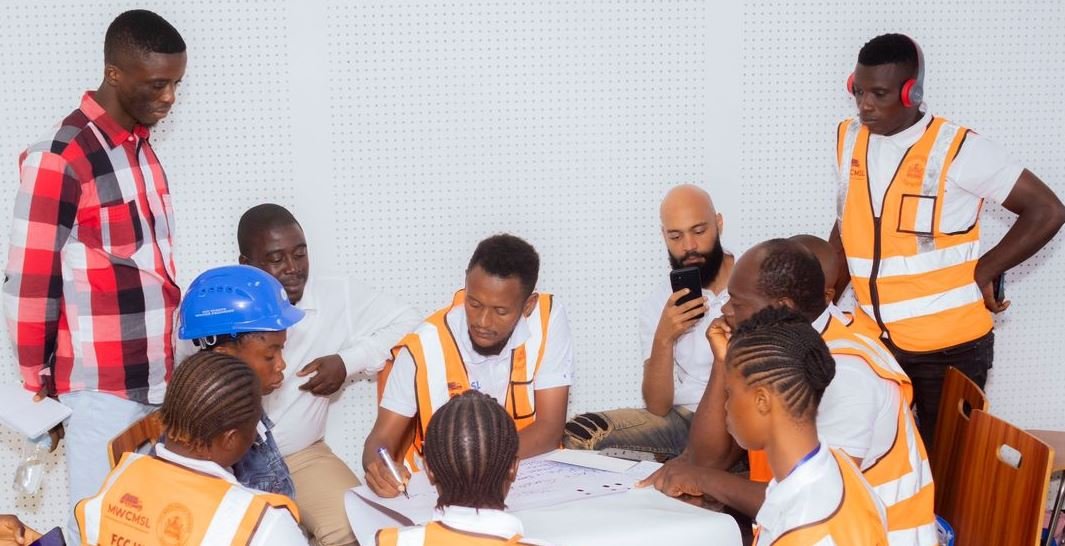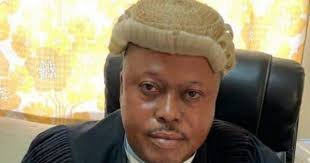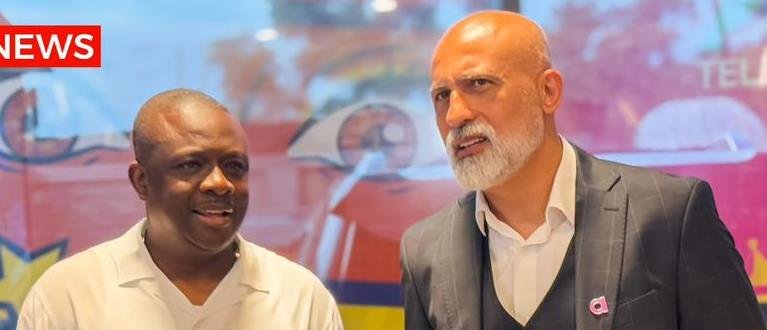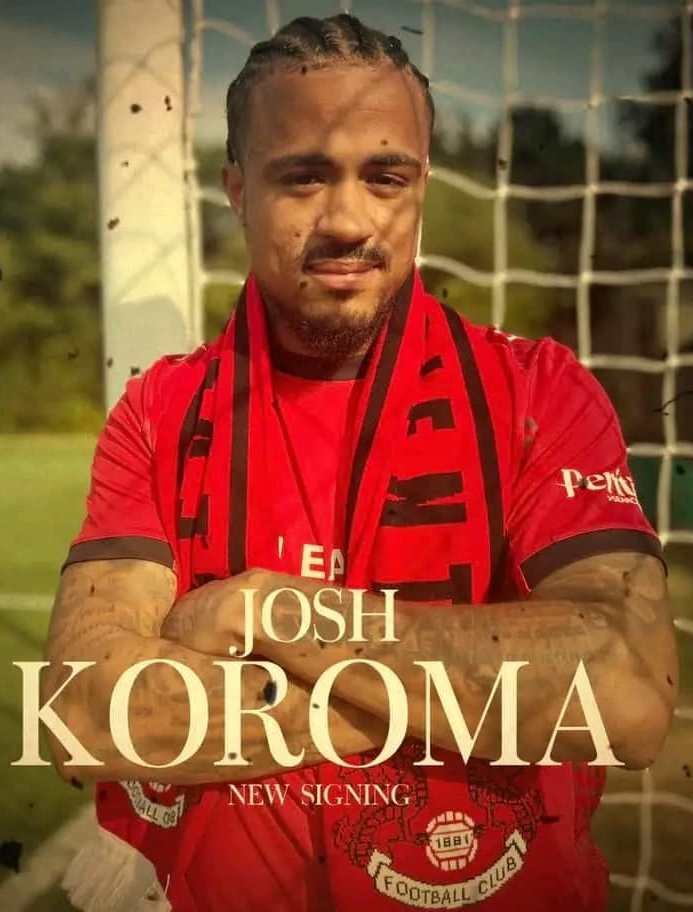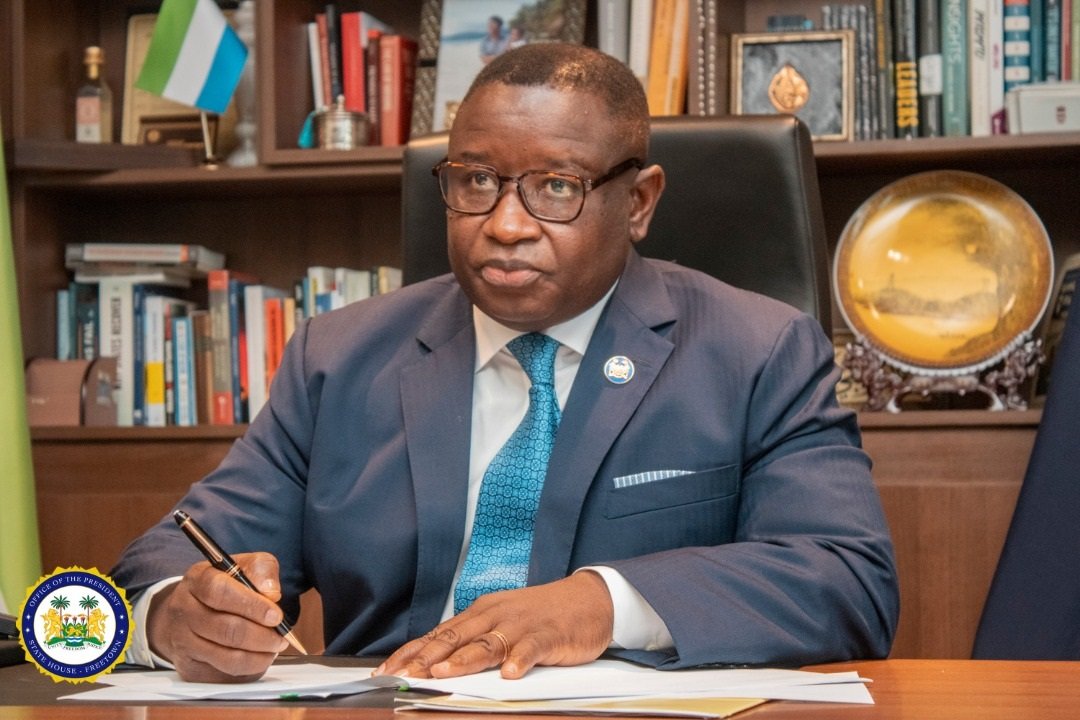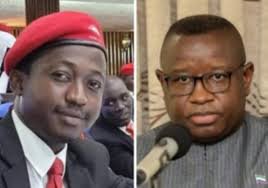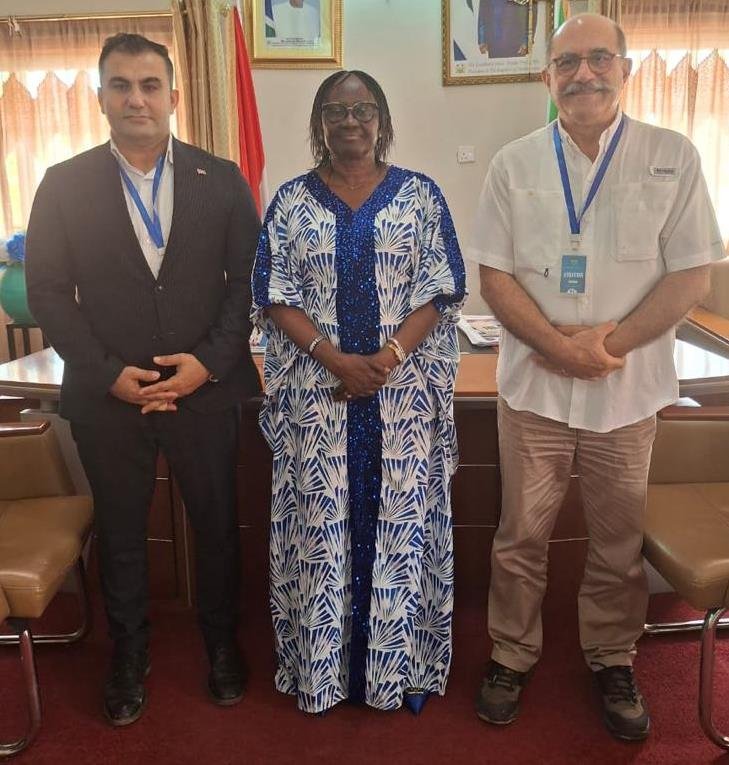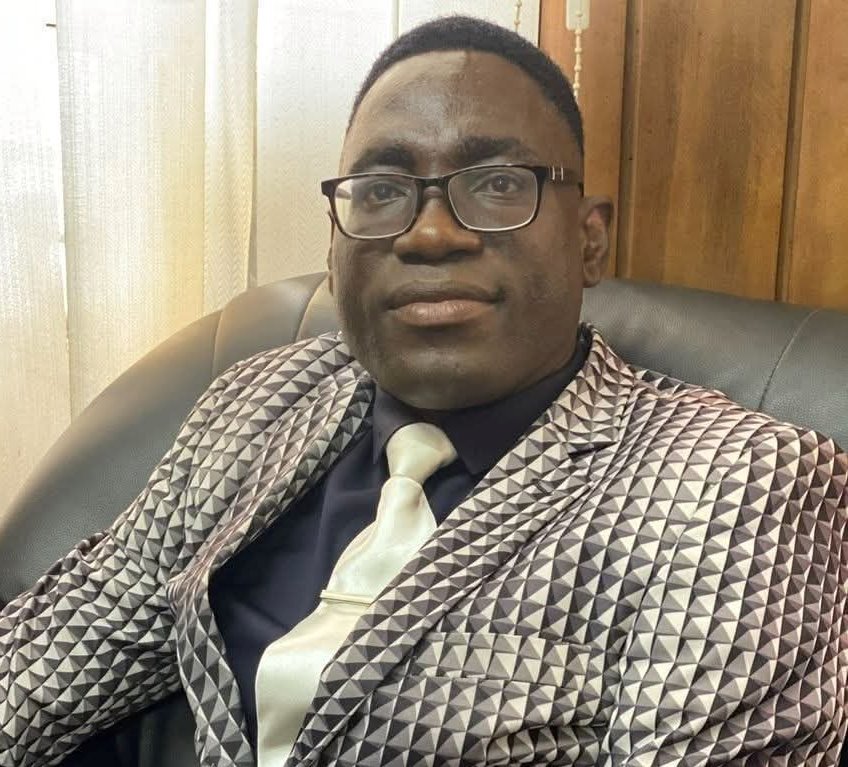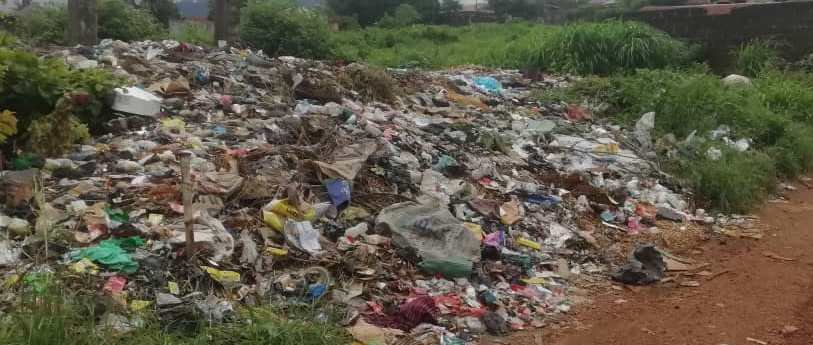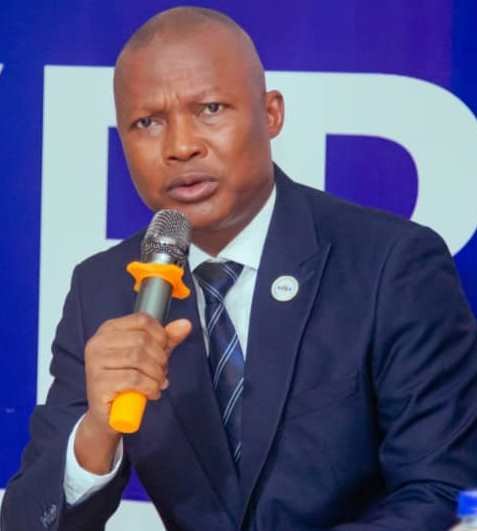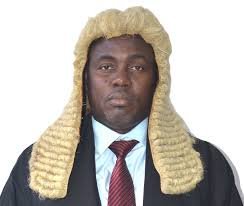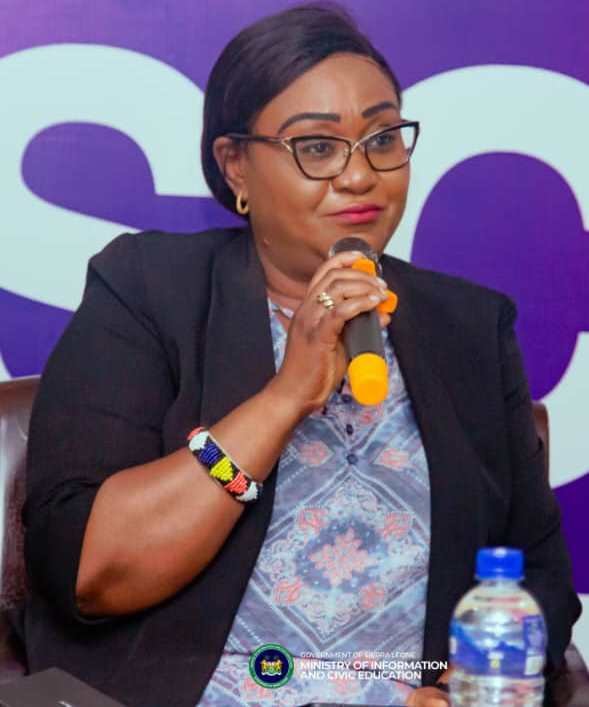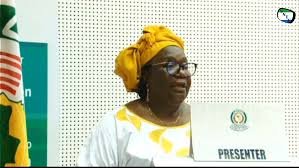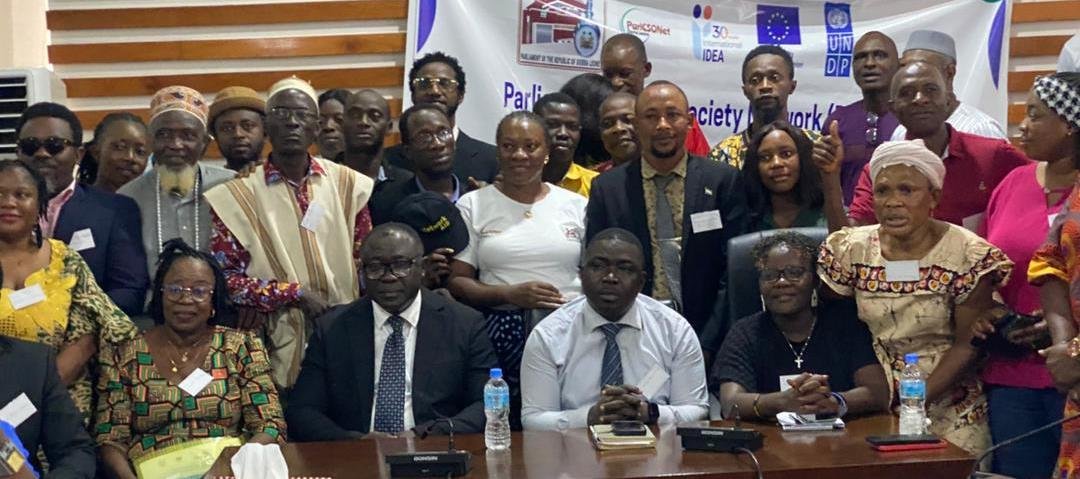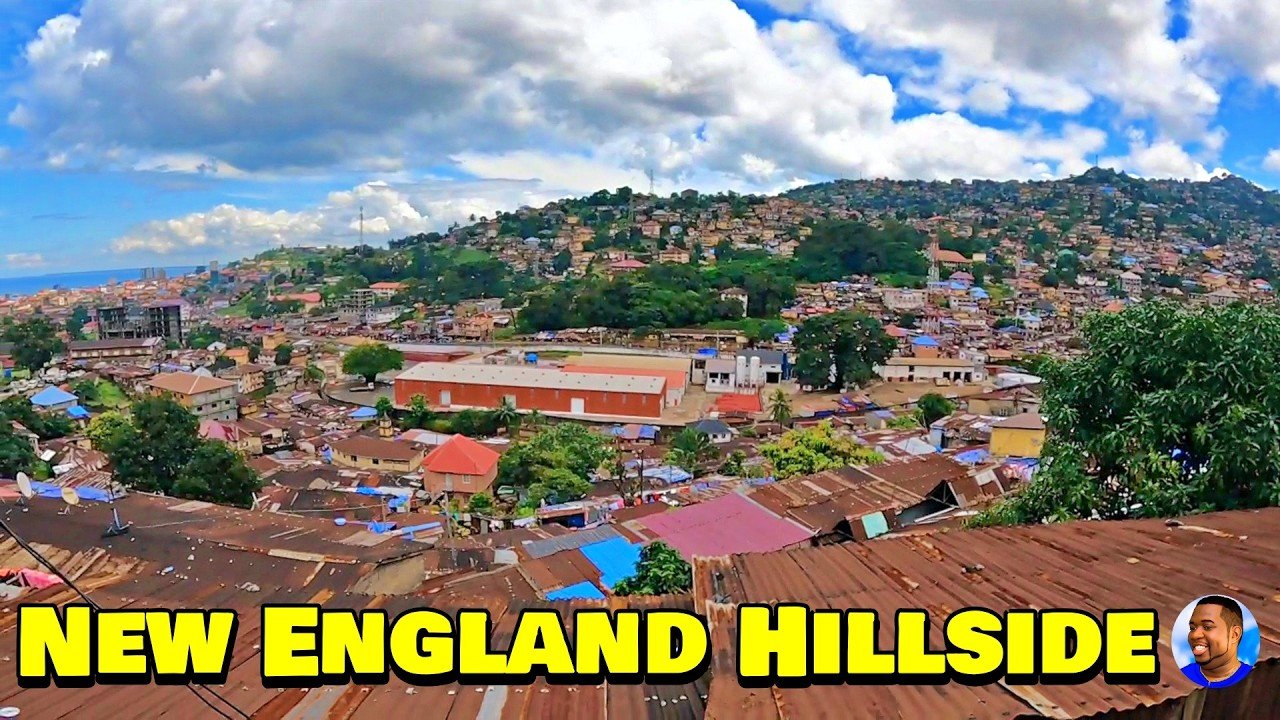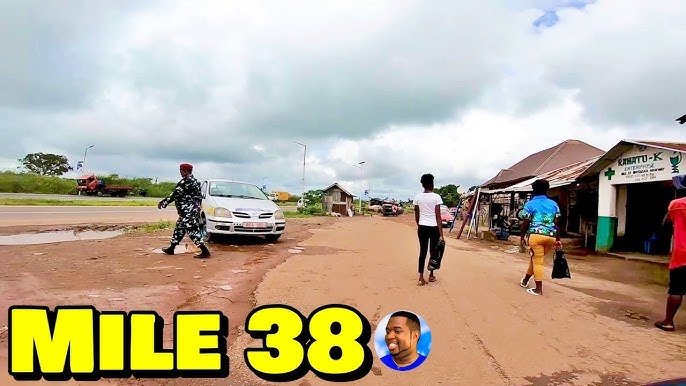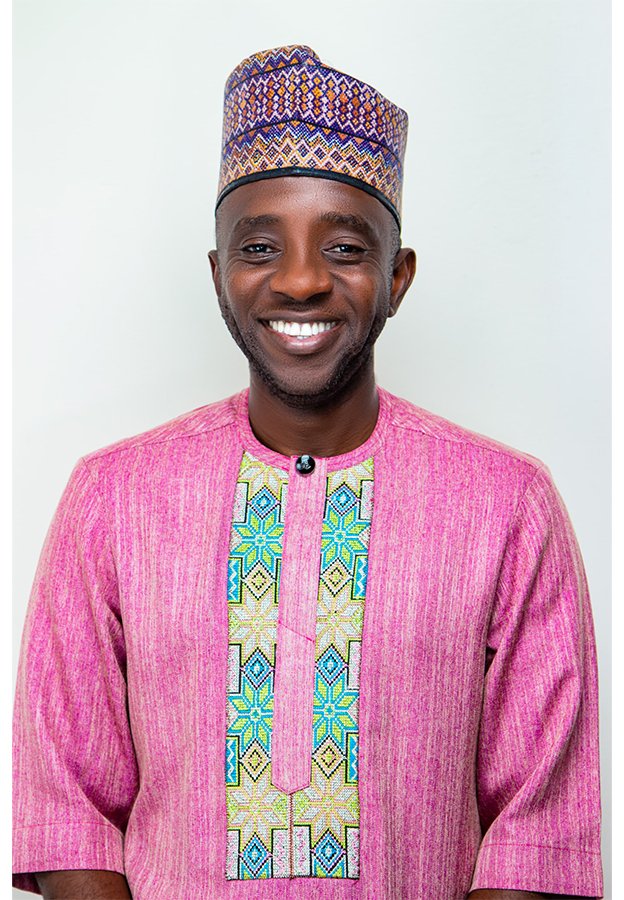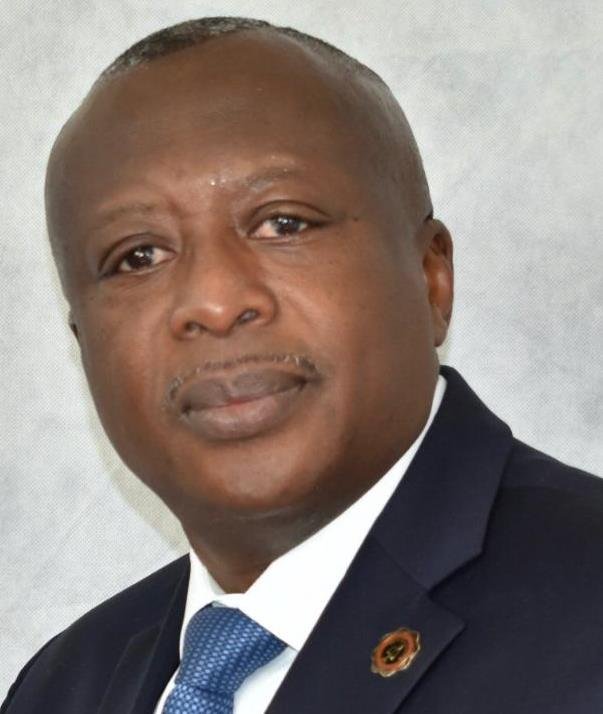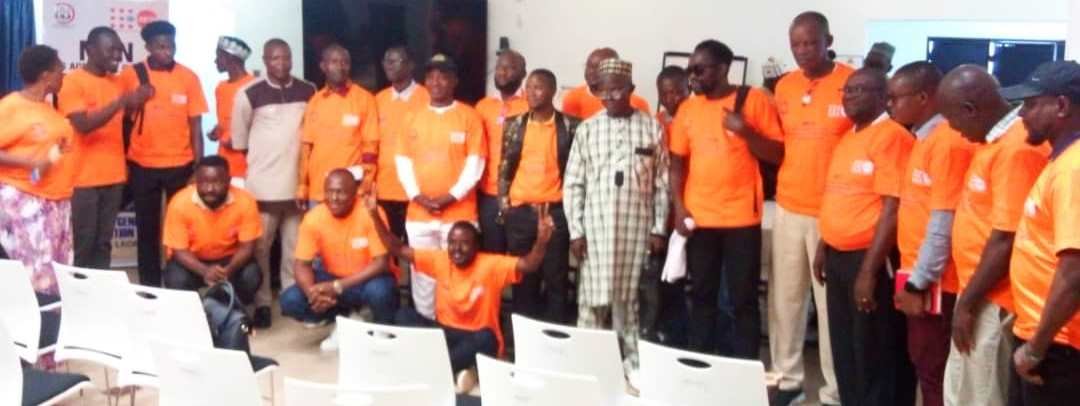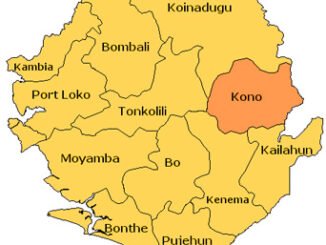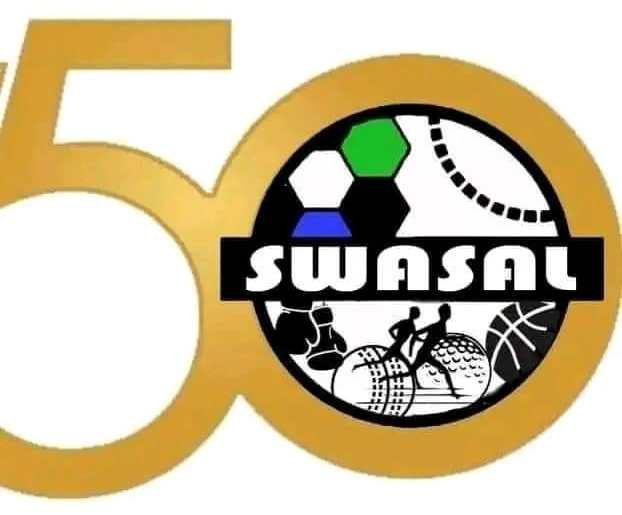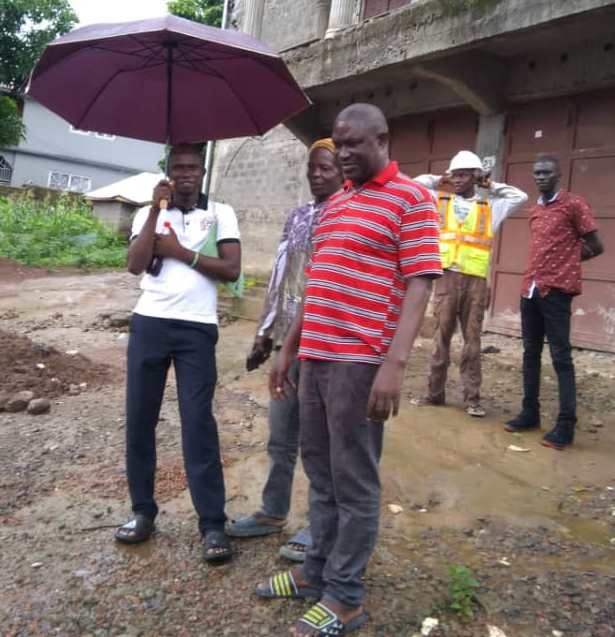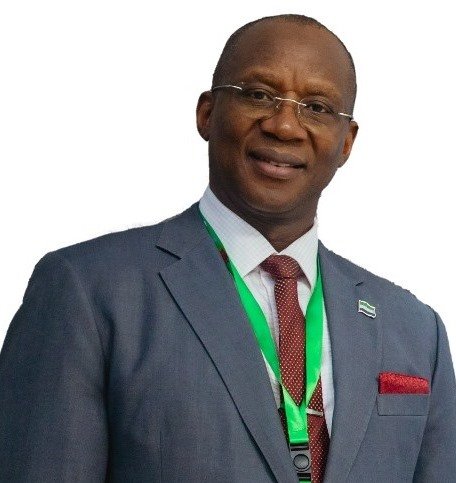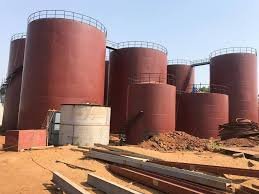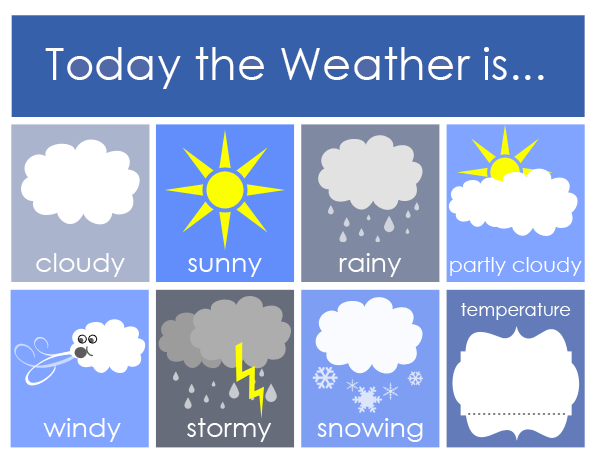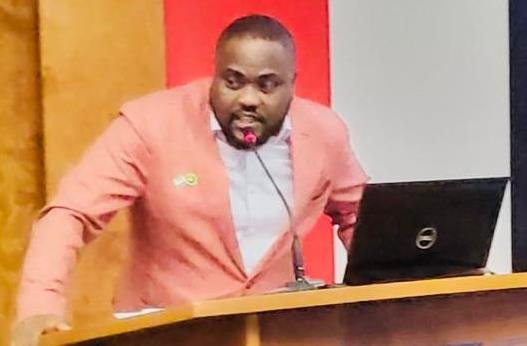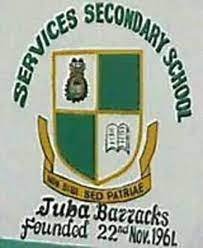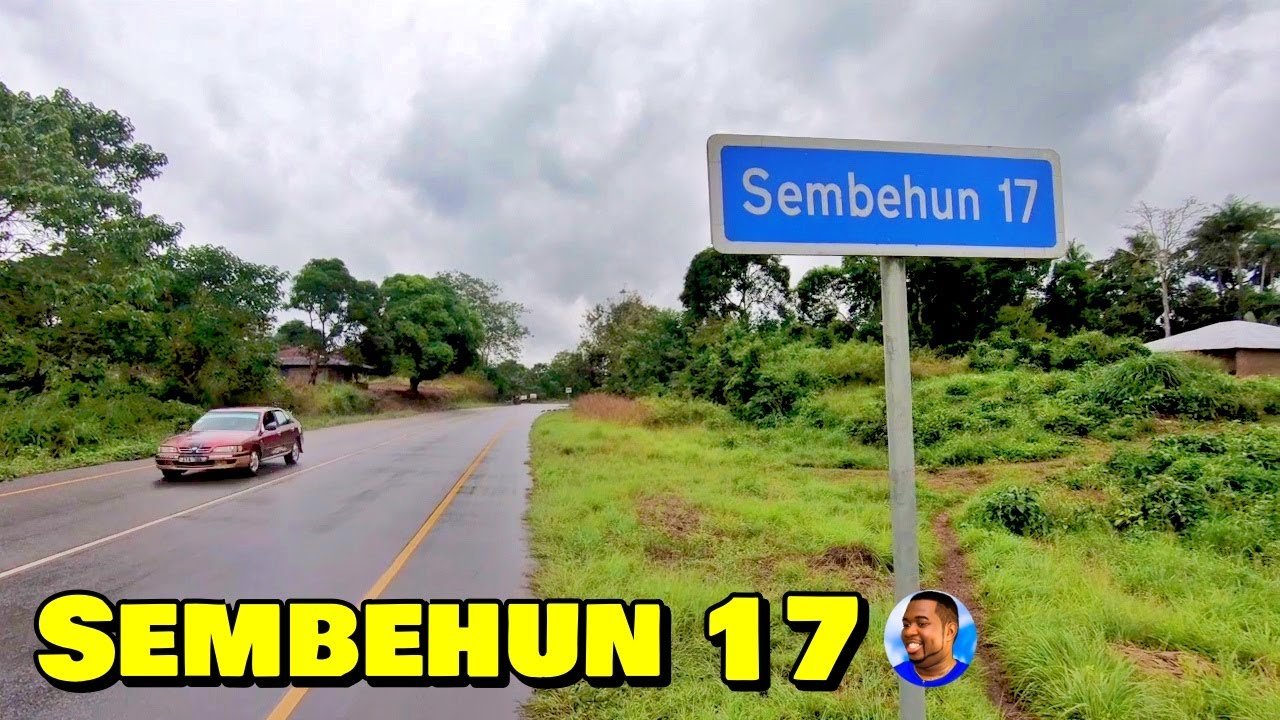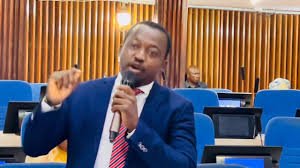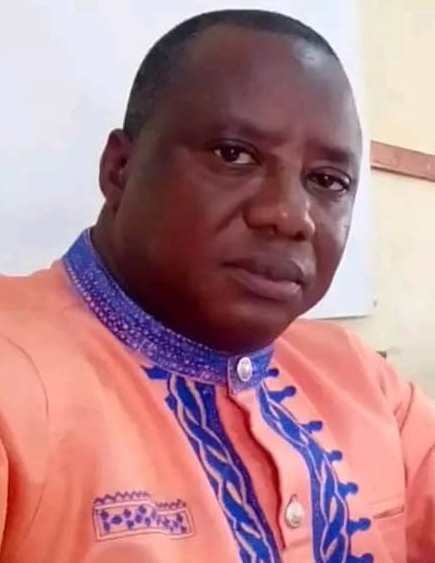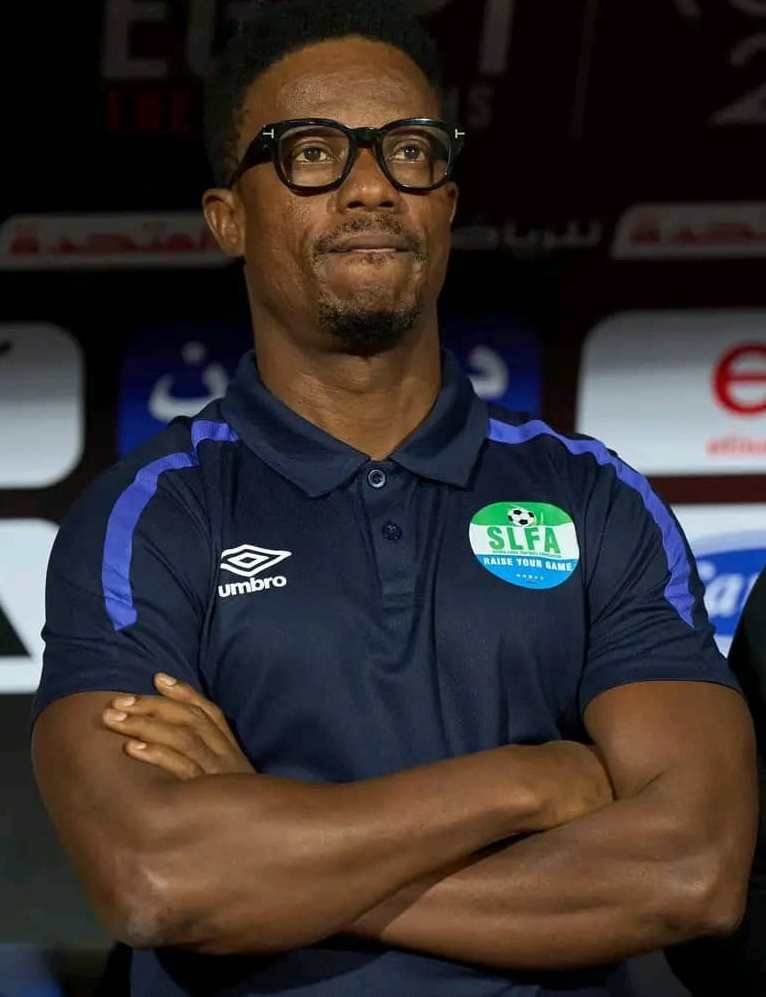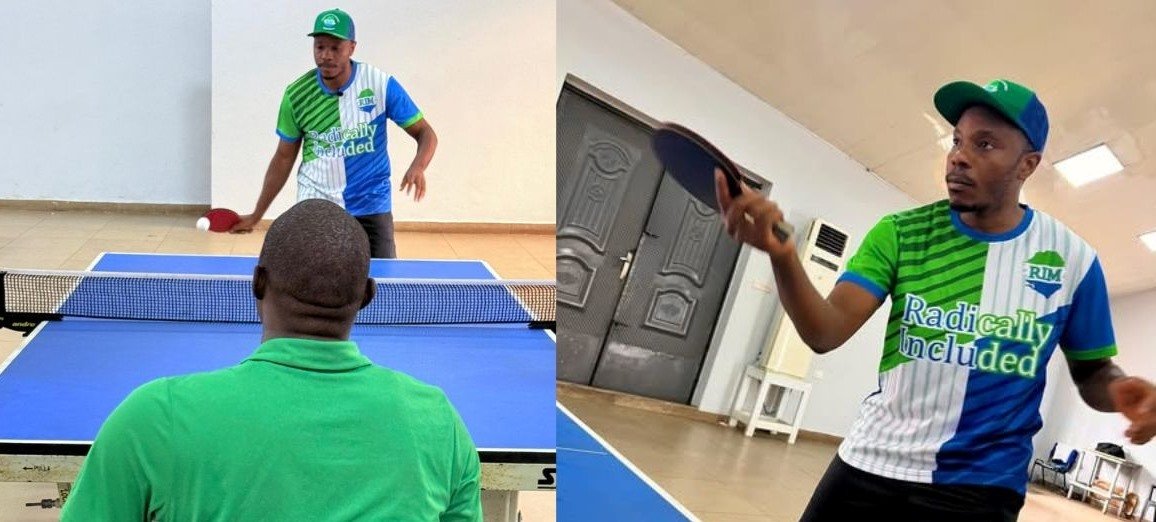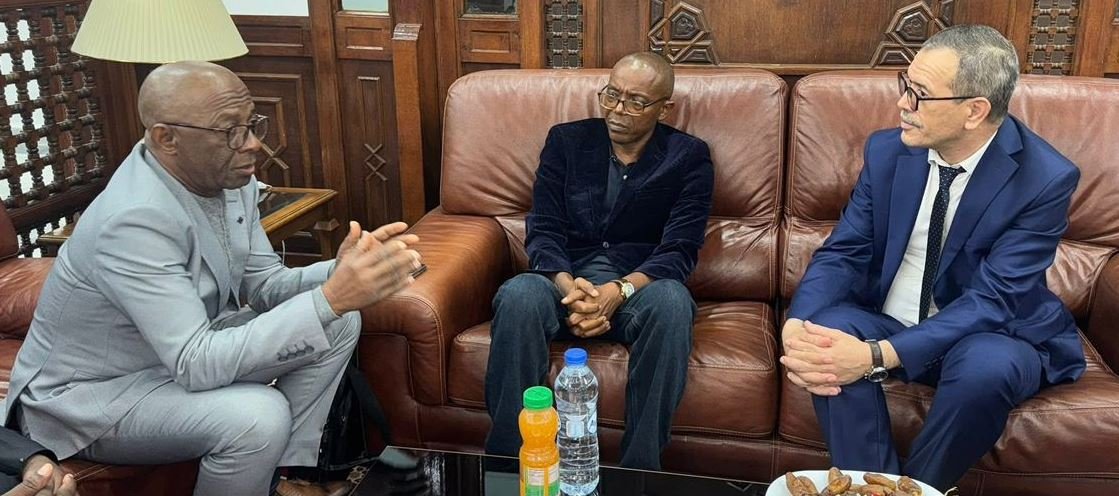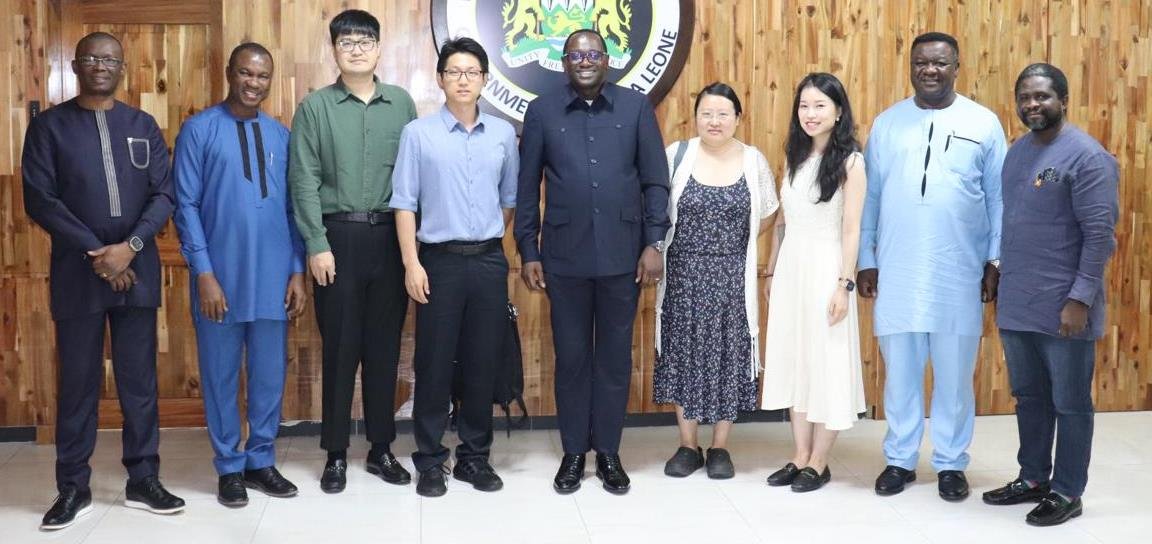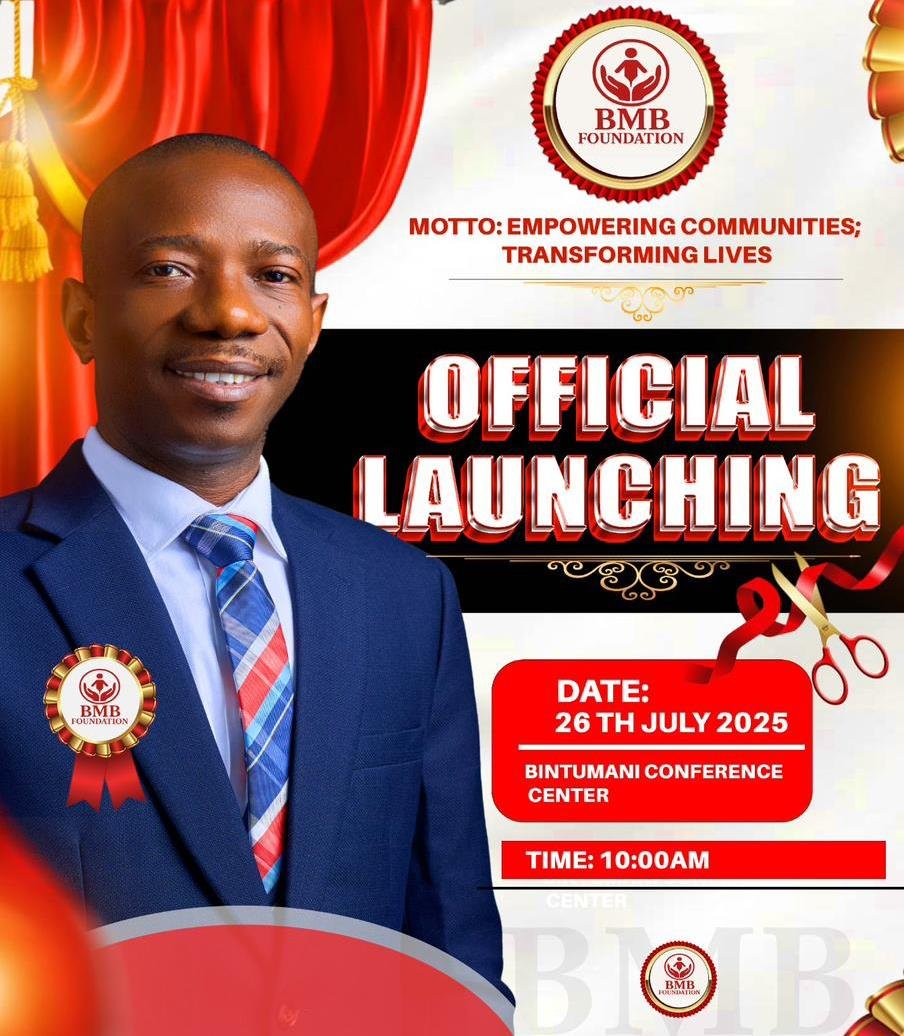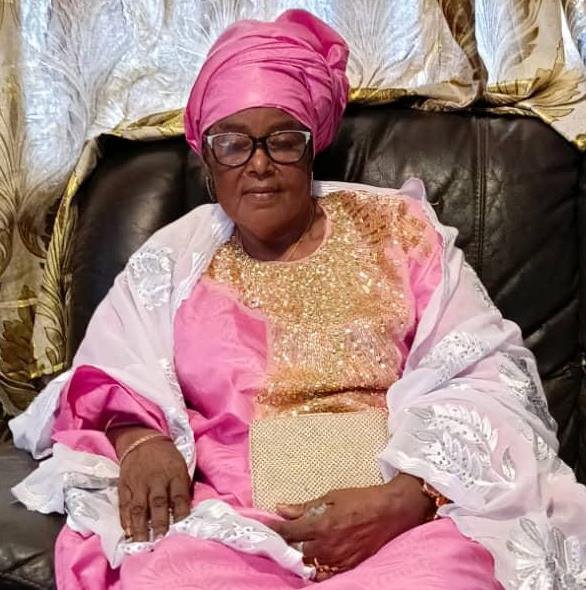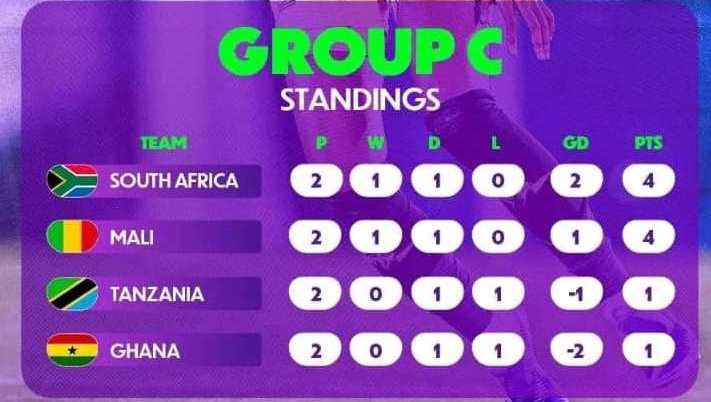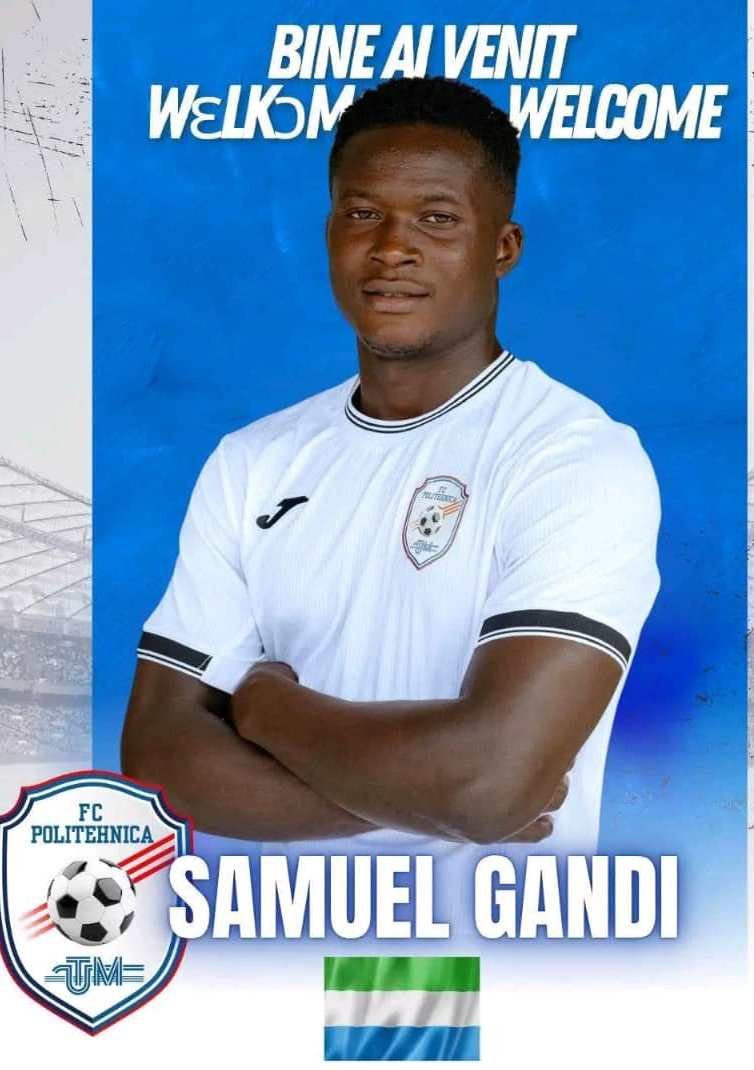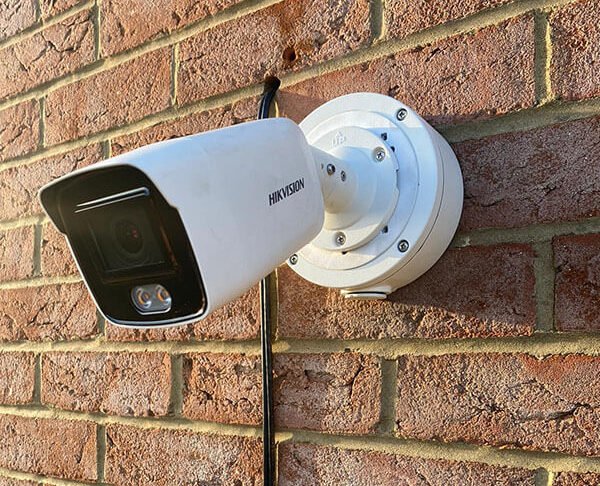By Gibao Brima
The horizon of traffic officers nationwide has been broadened to help police become more professional in their line of duties.
The police under the dynamic leadership of Assistance Commissioner of police Abdul Moijueh, and his able lieutenant Deputy Superintendent of police Alimamy Koroma (National Traffic Coordinator) and team have conveyed training for traffic officers within the Western Area at the Senior Officers base at Kingtom village.
In his opening statement Asistance Commissioner of Police Abdul Moijueh told traffic officers that they all should be grateful
to the Inspector General of Police (IG) William Fayia Sellu for giving the support to be carrying out a training.
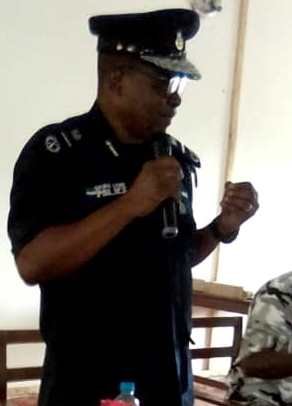
Training giving professional advice
The training, he said, will be a nationwide but he said they will to start in the western Area which is the nation’s administrative headquarters and later will move to the other regions.
However, he admonished all personnel to listen attentive to the teachings and knowledge that will be shared, and try to take every message very serious, and must ask relevant questions and take every answer with utmost importance.
The particular training of the officers will go along with the giving of certificate to show that participants have learnt something.
ACP Moijueh said he was a Divisional Traffic Officer before “like any other DTO present here today; meaning I am capable and knowledgeable in carrying out traffic duties.
I went away from the department and I am back in the position as Director of traffic.”
He caution officers, saying “don’t work for me but rather work for the people of [Sierra Leone].
On that note, he went on,” you should be dedicated to your job and be a well discipline officer.”
” Let me break the yoke that come 1st February the Central Business District will be a no-go- area.
As a current Director of Traffic, I was a DTO at the time of Paolo Conteh; we all work to clear the CBD, and now we have former Assistant Inspector General of Police Mr Morie Lengoi as minister of Internal Affairs.
Equally so, “we will do more to ensure that the Central Business District is totally clear off.”
He said the training is a big investment in them, and therefore, they should take it seriously since.
He said they will be monitored after this training to see if you they are doing the needful.
A senior police officer Alimamy Koroma has been deliberated on the meaning of both terms, Road Traffic Accident (RTA )and Motor Traffic Regulations (MTR).
MTR cases, he said, are frequently committed by drivers than RTA cases, nothing that highly drug influenced drivers often commit RTA cases.
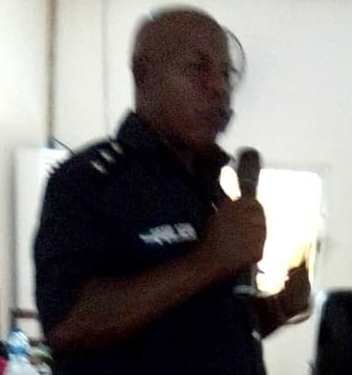
Dilating further DSP Koroma gingered on the good values that should be shown by traffic officers, adding they should behave well on the street and at every points levels.
He cautioned them not to quarrel with the drivers or riders to rather stop any driver or a rider. “The first thing to do is to bring the driver or rider at the side of the road then check out for his offences after which demand his valid driving licence.”
“So if you stop a driver and demand for his or her valid license and that driver says he or she has left his license at home warn that driver to come with the license the other day.
And this is where you have to use your discretion wisely.”
Any offence that is not in the law is not an offence since we have arrestable and non arrestable offenses, he added.
DSP Koroma warned traffic officers not to ignore phone calls since they may not know who is calling them.
He said these issues are common and frequent between traffic officers and drivers.
He said traffic officers should know that Motor Traffic Regulations are strict liabilities.
“As police officers we should have to be very much careful since we are dealing with poor drivers.”
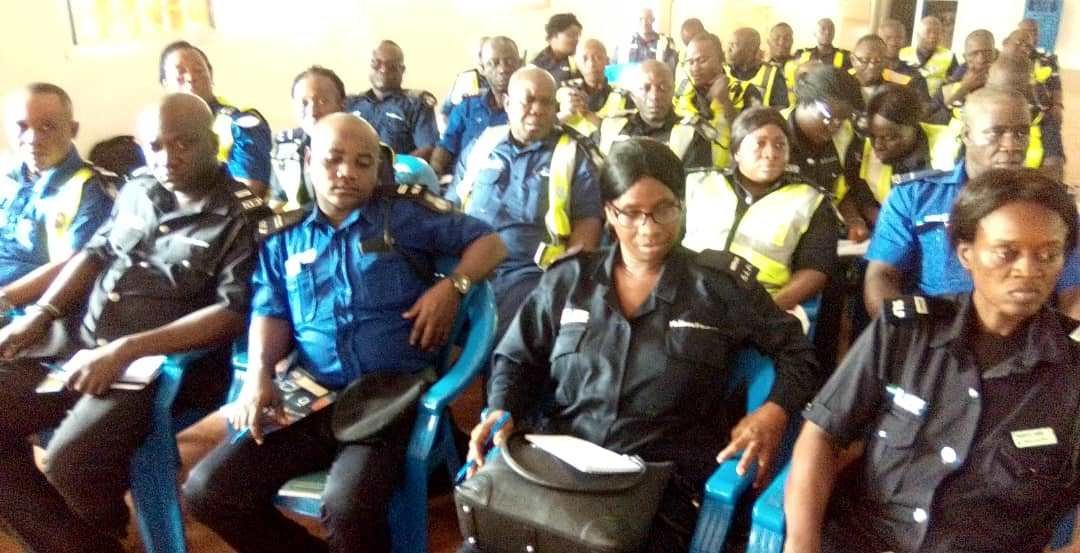
He said traffic officers should take care of MTR forms, adding all MTR’s forms should be passed over by the duty point officer to the investigating officer who has to be a junior police officer and the form should be signed by the Divisional Traffic Officer (DTO) since it is a government document and because the DTO is the head of traffic.
He said all about the work of traffic police is that one should be assertive in dispensing
their job.
Your method of approach should always be politeful, respectful while carrying out your duty.
Don’t insult anybody who calls you on phone while at your duty point.
You may not know who is calling you.”
Other topics NTC Koroma digressed on are highway codes, divertion, major and minor; those offences that deserve a warning and those chargeable.
NTC Koroma said after this workshop on traffic operations, police officers should be ready to do the needful or else they will be monitored and will be sent out of the department if found guilty of any wrong doing.
“All of you should now have to be ambassadors of change.”
of police Alimamy Koroma underscores many issues relating to good and ethical traffic behavior. He deliberated on the differences between Road Traffic Accident (RTA )and Motor Traffic Regulations. (MTR)
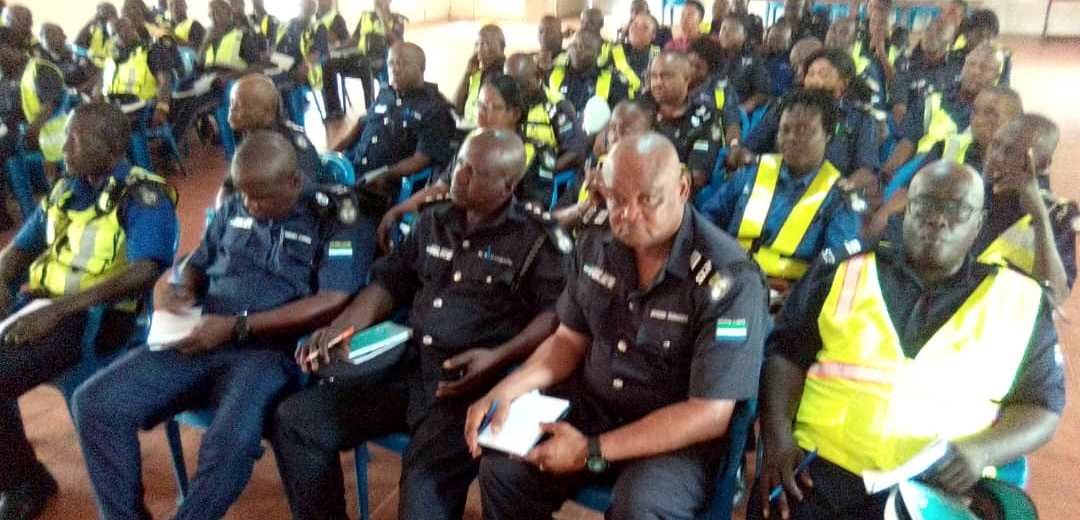
MTR cases he said are frequently committed than RTA cases nothing that highly influence people often commit RTA cases.Dilating further DSP Koroma ginger in good values as to how traffic officers should behave in the street and at there points. He caution them not to quarrel with drivers or riders rather when they stop a driver or a rider first thing to do is to bring the driver or rider at the side of the road then check out for the offences after which you demand for his or her valid driving licence.
If they do not stop thank God with the blessing of the Inspector General of Police
handsets are now available in that direction call at the next traffic point for assistance. Similarly so if you stop a driver and demand for his or her valid license and that driver says he or she have left his license at home warned him to come with it the other day this is were you have to use your discretion wisely
Any offence that is not in the act of law is not an offence since we have arrest-able and non arrest-able cases.
Discretion DSP Koroma said should be in favour of the state pending on the crime committed. He also told traffic officers not to ignore phone calls since you may not know who want to talk to you.
DSP Koroma said he has pin points on these issues because these are the common and frequent issues between traffic officers and drivers.

Furthermore DSP Koroma said traffic officers should know that Motor Traffic Regulations are strict liabilities meaning is yes or no since this is always a bone of contention between traffic officers and drivers but as police officers we have to be very much careful since we are dealing with very poor drivers.
He told traffic officers to take care of MTR forms all MTR’s forms should be pass over by the duty point officer to the investigating officer who has to be a junior police officer and most be sign by the Divisional Traffic Officer (DTO) since this is a government document and the DTO is head of traffic. He said all about traffic is that you have to be assertive in dispensing
your job, your method of approach should be always humble, respectful in carrying out your duty. Don’t insult anybody who call you on phone while at your duty point
While leaving the offender unattended since you may not know who is calling you.
Other topics NTC Koroma digress on are highway codes, Diversion, major and minor offences those offences to warned and those to be charged.
NTC Koroma told all and sundry that after this workshop traffic officers should be ready to do the needful or else they will be monitored and sent out of the department if found guilty.
All of you should now have to be ambassadors of change, he stated.
He further deliberated on the importance of the zebra line and the relationship between the Road Safety Corps and the police, saying that the police is been established by the constitution whilst the Road Safety Corps is been established by an Act of Parliament to ensure road safety is been maintained and to compliment the police on their functions.
In his contribution the Director of Training, Assistant Inspector General of Police, Sahr Yomba Senesie underscores that the training was a motivation and very much important, adding that if traffic officers are knowledgeable about their duties and functions they will not be faced with much challenges, However, he thank the Inspector General of Police, William Fayia Sellu for the support and ensuring the training goes ahead.
The traffic is a mirror for the police, therefore always watch your back, always put on your identification card on your uniform whilst executing your duty, be smartly dress and be careful and have confidence in your job.
The traffic job is not an easy job since you have to be under the sun or rain,but mind you are serving your people and your country.
In his contribution the head of training Deputy Superintendent of Police, Alpha Kamara said ethics and professionalism should be the watch words when you are on your line of duties, we the police are the servants, while the people are our masters but once you serve deligently, God will reward you.
Police operation three years ago is not the same policing operation today it is different.
He admonished the police to be honest, respectful, have integrity, show empty, sympathy and kindness in their line of duties.
The police will very soon move from police force to police service which means we need to continue to build public trust in the police. He admonishes them to realize that when they are out in the street they are representing the image of the Inspector General of Police and therefore need to be very much meticulous in carrying out their functions
In his contribution, DSP Daniel Bockarie underscores that the traffic management want to see total changes and traffic officers should always do the needful since the elderly ones are gradually going out which means we need a clean successor plan.
Traffic he said has interesting and good things to learn only if you are patience and ready to learn. He advised traffic officers to always have their note book or pad to help them to record relevant issues.
He further said the traffic management will soon produce a traffic manual which will help all traffic officers to broaden their knowledge on traffic duties.
Certificates will be given to all traffic officers that attended the training.


